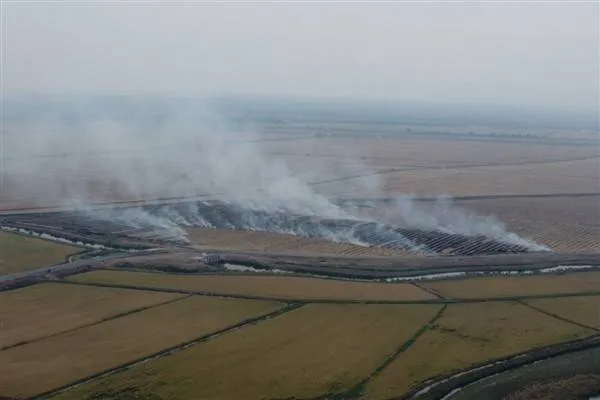Bulgaria seeks temporary exemption from U.S. sanctions on Lukoil
Sofia, November 3 (Hibya) – According to Politico, Bulgaria is holding consultations with Washington to explore the possibility of obtaining a temporary exemption from the new U.S. sanctions imposed on Russian oil companies, including Lukoil.
The Bulgarian government is concerned that the restrictions, set to take effect on November 21, could disrupt fuel supplies, cause shortages, and increase social tensions in the country.
The sanctions imposed by U.S. President Donald Trump target major Russian oil producers Rosneft and Lukoil. Their implementation has already caused unease among many European countries dependent on Russian energy. Given that Lukoil Neftochim Burgas refinery supplies about 80% of Bulgaria’s fuel needs, the country is among the most affected.
According to Politico’s sources, Sofia contacted Washington to clarify the procedure for requesting a postponement of the sanctions after November 21. Officials fear that banks may refuse to process transactions related to the refinery, effectively halting its operations. Such a shutdown could lead to fuel shortages, public protests, and potential government instability.
This situation is part of a broader European issue concerning Russian energy assets. Hungarian Prime Minister Viktor Orban personally requested an exemption from the sanctions but was denied; meanwhile, Germany sought one after bringing Rosneft’s local subsidiaries under state control.
Meanwhile, Lukoil announced that it had reached an agreement with the energy trading company Gunvor to sell its overseas assets affected by the sanctions. The agreement requires approval from the U.S. Office of Foreign Assets Control (OFAC).
Europe Asia News















